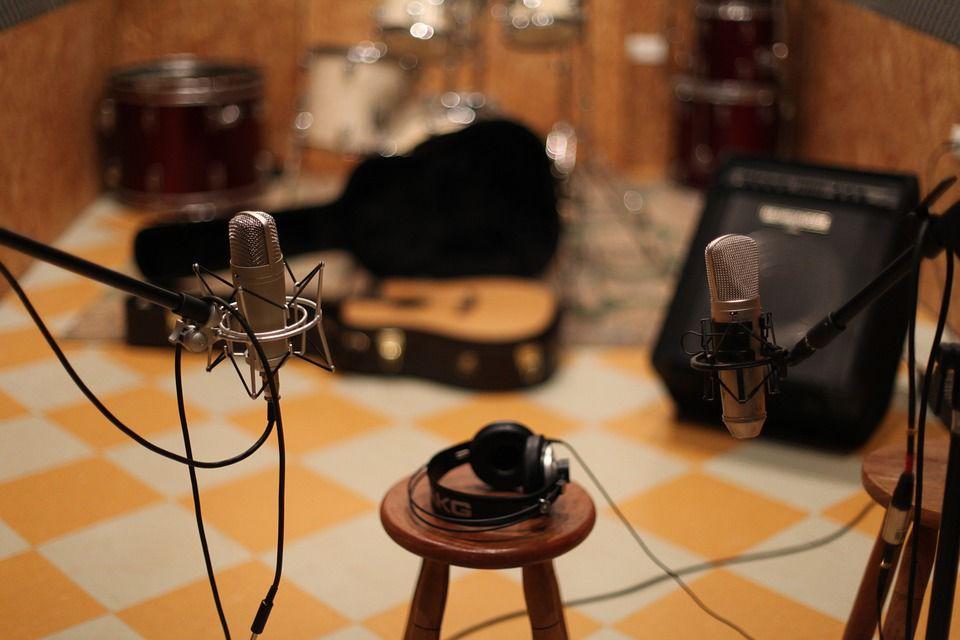“There are no new ideas.”
I’ve heard this phrase uttered by a handful of individuals in both casual and educational settings. When speaking on creativity, most are referring to all facets of ideas — art, medical technology, recipes and so on. It’s a very bold and widely disputed topic.
The thought that there are no new ideas is scary if you think about it. It’s basically saying that everything we do has already been done and every thought we have, no matter how revolutionary it may seem, has most likely been thought of by someone else.
Mark Twain once said, “There is no such thing as a new idea. It is impossible. We simply take a lot of old ideas and put them into a sort of mental kaleidoscope … We keep on turning and making new combinations indefinitely; but they are the same old pieces of colored glass that have been in use through all the ages.”
If Twain had this perspective in the early 1900s, would he have the same one now with all the technology and inventions we have created since his time? Or are even those technologies like cell phones and virtual reality devices just adaptations of someone else’s ideas?
In “Rethink: The Surprising History of New Ideas”, a book published last year by Steven Poole, the British journalist writes that we live in “an age of rediscovery” where “old is new.”
I believe many people shy away from the ideas of people like Twain and Poole because they discourage creativity. We’ve all grown up with the hope that we can introduce something new and innovative to the world. We like to think there is something about ourselves or our work that is new and distinctive.
But everything we do is just a spin off of someone else’s work and thoughts anyway. We certainly mimic others in the way we dress, work, exercise and communicate. Therefore, it isn’t that wild to assume the “cutting edge” work being produced every year is all based on the theories of others.
One particular field that receives a great deal of criticism for its apparent lack of originality and new content is the arts and entertainment industry. Many like to complain when mainstream music all sounds alike or when movies continue to use the same tropes repeatedly.
It’s harsh for us to be so judgmental when there is little room for artists to stand out, and the majority of people keep reproducing the same content because people feel comfortable with tropes and specific topics.
There are so many sequels and series out today and many musical artists make covers and remixes of older songs because that’s what we’re comfortable with. In such a competitive market, it’s easier to give an alternate feel to a familiar topic or lyric rather than struggle to create something new and unheard of by consumers.
The lack of originality doesn’t mean we shouldn’t strive to be the best in our fields or want to create new things. It means not everything we hear being done or talked about is actually as new and earth-shattering as it may be described.
Odds are, it’s already been thought of or worked on by somebody else, and anyone who insists their work is completely independent of others is basically the equivalent of the thousands of people commenting “first” under a celebrity’s photo that was posted a week ago.
Harriet Adams is a 20-year-old mass communication sophomore from Bonita, Louisiana.
Opinion: Lack of originality should not discourage creativity
February 1, 2017
Our daily activities are an act of mimicking everything around us.





